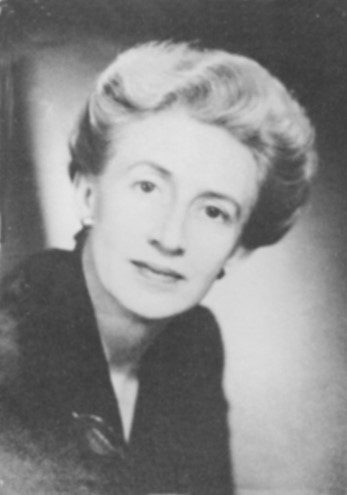Piedmont University Receives Grant to Digitize More than 100 Recordings of Social Activist Lillian E. Smith

With a newly secured grant from the Virginia-based Council on Library and Information Resources, Piedmont University’s Lillian E. Smith Center will digitize more than 100 recordings, most of which haven’t been heard in more than 70 years.
“We don’t know what we’re going to find, but we expect that whatever these recordings contain, they will provide a clearer picture of Lillian E. Smith, her work as director of Laurel Falls Camp for Girls, and the issues she was grappling with during a very formative time of her life,” said LES Center Director Dr. Matthew Teutsch.
Smith was a social activist, close friend of Martin Luther King Jr., and author of Strange Fruit, the best-selling novel about an interracial relationship that takes place in Georgia in the 1920s. She died in 1966.
Located in Clayton, Georgia, on more than 150 acres where Smith lived and worked, the LES Center is both an educational facility and a retreat for artists, writers, scientists, and others committed to continuing her work.
The LES Center is comprised of four structures once used by the Laurel Falls Camp, which Smith and her lifelong partner, Paula Snelling, operated from 1925 to 1948. Today, these buildings and the surrounding grounds are used for field trips, independent studies, and workshops, among other activities.
Several years ago, boxes of long-unheard recordings were found in a closet at the LES Center. With the CLIR grant — worth $26,278 — Piedmont will work with Preserve South (Buford, Georgia), the Northeast Document Conservation Center (Andover, Massachusetts), and Audio Transcription Center (Boston, Massachusetts) to digitize the recordings.
While the contents of the recordings are unknown, Teutsch has reason to believe they’ll be valuable for better understanding Smith, the inspiration and impact of her books, and more. Piedmont University recently digitized two records that were labeled as Drums and 1940, plays that Smith wrote in collaboration with campers and counselors Laurel Falls Camp.
“Drums was a play that girls at the camp wrote and performed in the late 1930s, early 1940s. It’s about the first 300 years or so of African American life in America. The other is a pilot script of a play about World War II before America got involved. Many of the counselors thought is was very unpatriotic, but after hearing it, they saw why it was important,” Teutsch said.
“We heard not just the plays, but personal conversations between Lillian, Paula, and campers. These were very formative years for Lillian, and any glimpse into this time helps fill in our understanding of her and her work.”
The records will take about a year to digitize. They will be made available to anyone interested in learning more about Smith.
For more information about the grant, read the CLIR press release here:
CLIR Awards $570,595 for Recordings at Risk • CLIR
For more information about Piedmont’s LES Center, visit piedmont.edu/les.